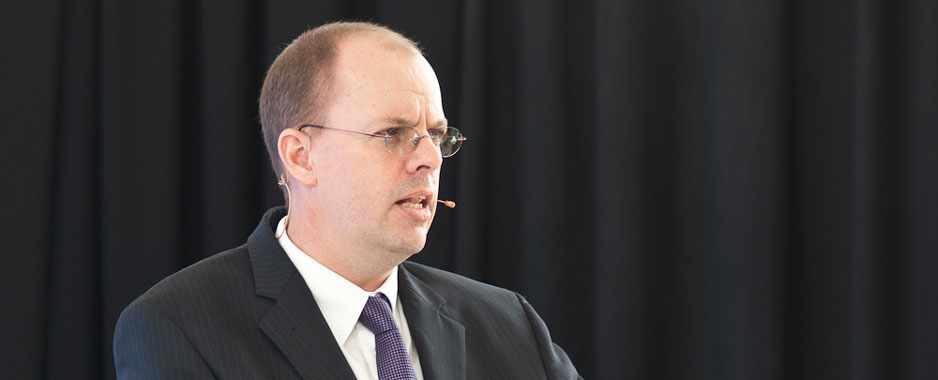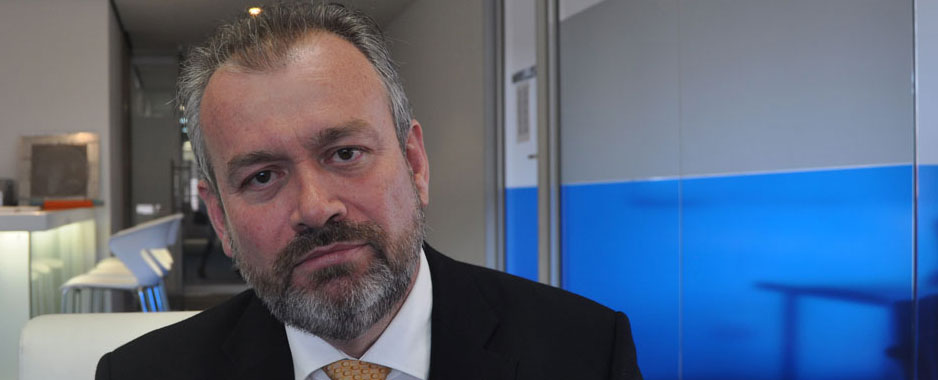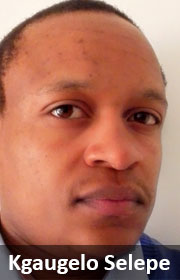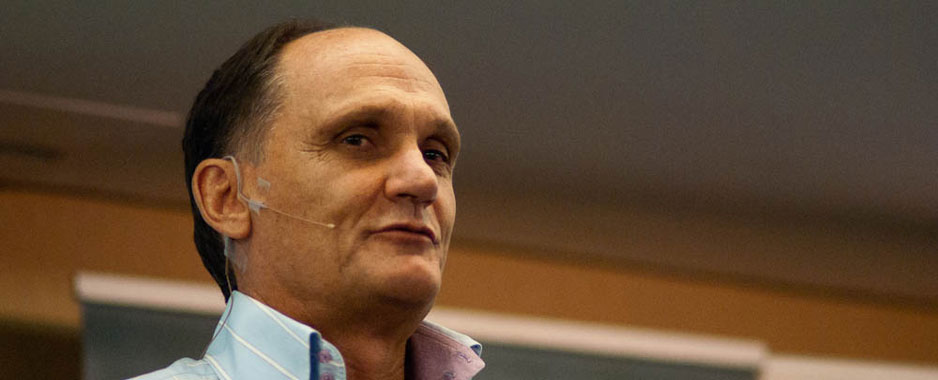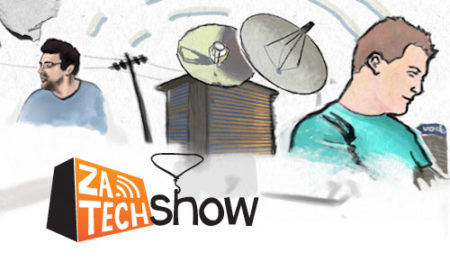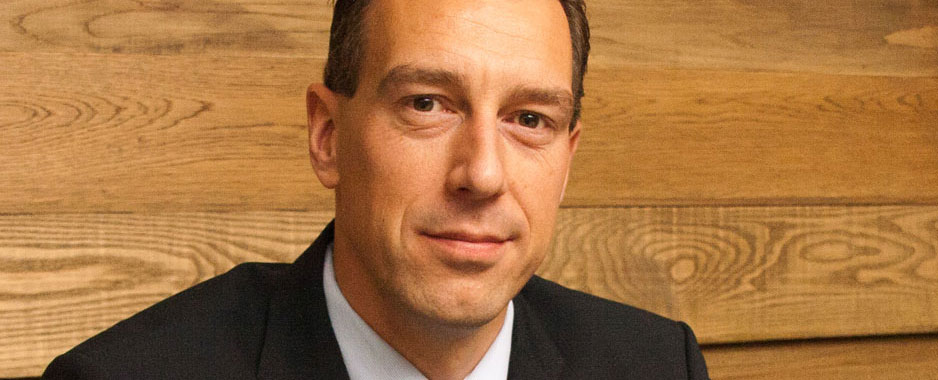The members of the SKA Organisation today agreed on a dual site solution for the Square Kilometre Array telescope, a crucial step towards building the world’s largest and most sensitive radio telescope. The ASKAP and MeerKAT precursor dishes will be incorporated into Phase I of the SKA which
Australia and SA will share the location for the world’s most powerful radio telescope, the Square Kilometre Array’s scientific consortium announced on Friday. “We have decided on a dual site approach,” said SKA board chairman John Womersley at a press conference held at Amsterdam’s Schiphol Airport, following a
Absa’s online banking portals went down on Friday morning, leaving users unable to access its existing Internet banking site or its new Absa Online platform that it launched on Tuesday. Absa’s mobile banking service was also affected. “Absa takes note of the technical problem with its Internet and
Seacom plans to upgrade its subsea telecommunications network to newer fibre-optic switching technology later this year that will more than double the capacity on the system. CEO Mark Simpson says the company will begin tests in the next couple of months with a view to upgrading the US$600m system from
In February, Western Cape premier Helen Zille said she wanted to ensure every citizen in the Cape Town metropolitan area had access to 100Mbit/s broadband by 2020. Though some critics have dismissed this as political posturing, advertisements seeking a
Cell C’s parent company and effective controlling shareholder, Dubai-based Oger Telecom, is injecting US$180m, or about R1,5bn, as new equity into company, the SA mobile telecommunications operator said on Thursday. In a brief statement, Cell C CEO Alan Knott-Craig says: “The foreign investment into
The Internet Service Providers’ Association (Ispa) has welcomed a recent ruling by the National Consumer Tribunal that cancelled a compliance notice served on MultiChoice by the National Consumer Commission. “The ruling by the tribunal demonstrates that proper compliance with the
MTN is cutting the cost of international roaming for both voice and data for its contract customers. The most notable cuts come for those travelling to certain European countries, where they will now pay R10,66/minute for international calls or calls to SA and 35c/25KB of data. The eligible European countries
We try to avoid football discussions at all costs this week and stick to matters of technology. Arthur Goldstuck, Brett Haggard, Sam Beckbessinger and Simon Dingle are in the house to discuss Diablo 3, SpaceX, cellphone price wars, HTC in Africa, mobile in developing markets and much more
It’s not yet known how Hewlett-Packard’s plan to shed 27 000 jobs in the next two and a half years will affect the company’s SA subsidiary. The IT giant said on Wednesday that it plans to shed the jobs, or about 8% of its worldwide workforce of nearly 350 000 people, by the end of its 2014 financial year




